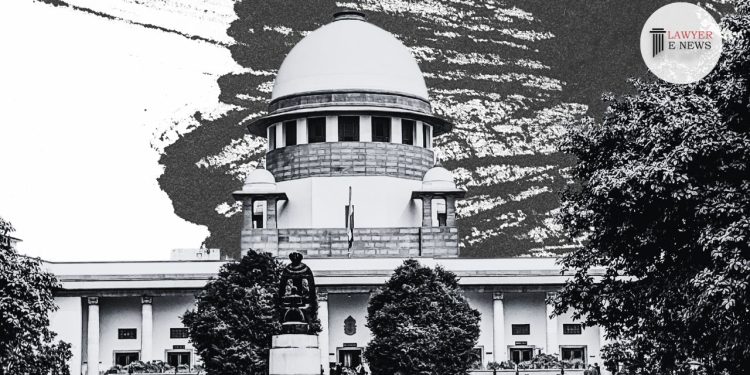Statutory Timelines for Tax Refunds Must Be Strictly Adhered To: Supreme Court Upholds Rigorous Compliance with Section 38(3) of the DVAT Act

The Supreme Court of India, in a landmark judgment delivered by Justices Pamidighantam Sri Narasimha and Prasanna Bhalachandra Varale, emphasized the mandatory nature of adhering to statutory timelines for tax refunds as prescribed under Section 38(3) of the Delhi Value Added Tax Act, 2004 (DVAT Act). The apex court dismissed an appeal by the Commissioner of Trade and Taxes against FEMC Pratibha Joint Venture, affirming the High Court’s direction for the refund of excess tax credits with interest.
Brief on the Legal Point:
The case centered around the enforceability of the timeline stipulated under Section 38(3) of the DVAT Act for refunding excess tax credits. The legal discussion focused on whether the tax authorities could adjust refunds against dues that were not crystallized within the refund processing period.
Facts and Issues:
FEMC Pratibha Joint Venture claimed substantial tax refunds for specific quarters which, despite being timely claimed, were withheld and adjusted against later issued default notices. The High Court had earlier quashed these adjustment orders, necessitating a statutory adherence to refund timelines and prompting the tax commissioner’s appeal to the Supreme Court.
Detailed Court Assessment:
Interpretation of Section 38(3): The Court clarified that the timelines in Section 38(3) are not merely procedural but ensure the taxpayer’s right to a timely refund. “The language of Section 38(3) is clear, mandating refunds to be processed within two months from the claim date for quarterly periods,” Justice Narasimha noted.
Authority of Tax Officers: The Supreme Court stated, “Authority of tax officers is limited to adjusting refunds against dues that are due and crystallized before the refund processing deadline.”
Judicial Precedents: The judgment cited previous High Court decisions, reinforcing that deviations from statutory timelines could not be justified unless the dues were enforceable within the refund period.
Administrative Efficiency and Taxpayer Rights: The Court reiterated that observing statutory deadlines safeguards administrative efficiency and protects taxpayer rights, emphasizing that, “Adhering strictly to statutory deadlines serves the dual purpose of administrative predictability and fairness to taxpayers.”
Decision: The Supreme Court dismissed the appeal, upholding the High Court’s decision that mandated the refund of excess tax credits with interest. The judgment underscored the imperative of strict compliance with statutory timelines for refunds under the DVAT Act.
Date of Decision: May 1, 2024
Commissioner of Trade and Taxes vs. FEMC Pratibha Joint Venture




